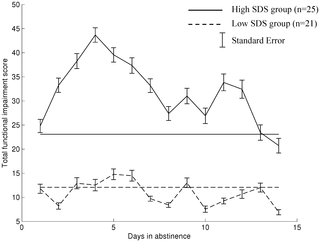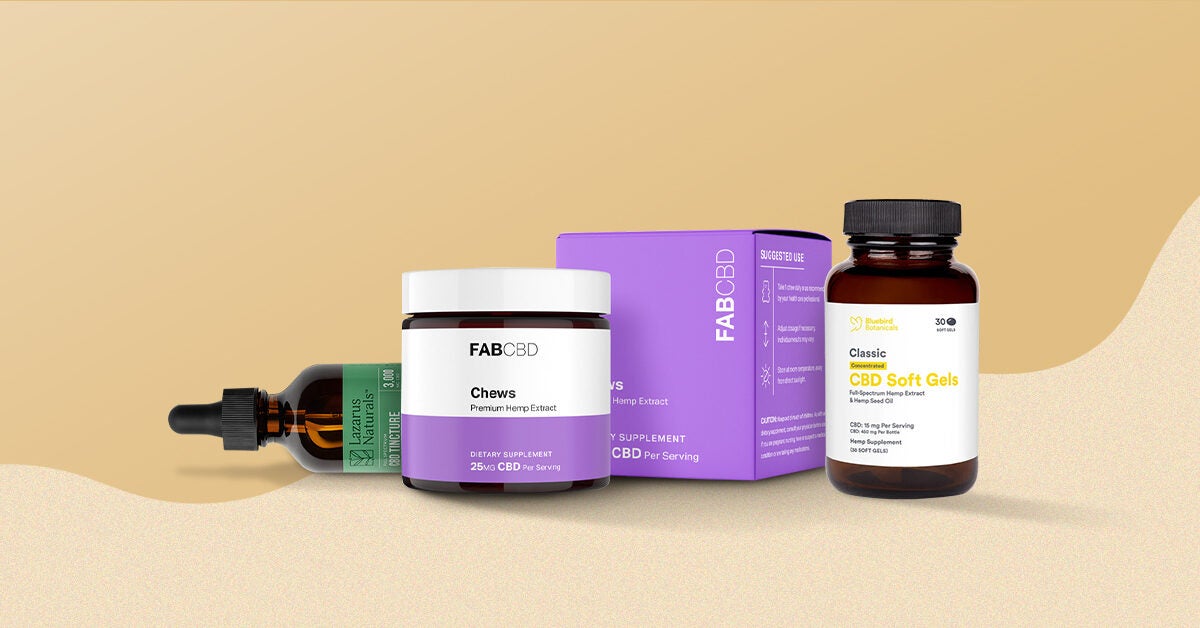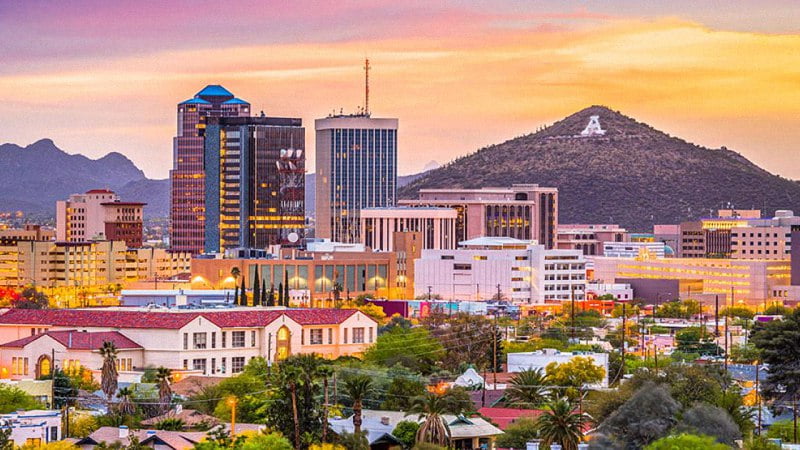
Hops cannabinoids (also known as Humulus Lutulus) are a set of natural compounds in hop plants. They are a key ingredient of beer, with a long history.
Most people associate hops with beer bittering agents. This is true, but it's not all that hops are known for, and they do more than just make beer taste good.
They're an important medical crop and an essential ingredient for brewing. They have their own unique terpenes, and other chemical compounds, which can offer many medical benefits to people.
Marijuana and Hops Share a Common Root: The Cannabaceae Family
Cannabaceae: Cannabis and hops are both members of the Cannabaceae group, a long-standing collection of plants that includes dozens of well-known botanical species and many others. They share many common traits and scientists believe they are related.

Native Americans used both hops as well as marijuana in a variety ways over the years. They were used, among others, to treat pain, inflammation, and nausea.
They were used for food preservation and as a fungicide to treat livestock infections. They were even used to flavor candy and chocolate.
The Differences Between Cannabis And Hops
In general, cannabis is considered more potent than hops, and they have different growth habits as well. Hops plants grow taller than cannabis. They have broad, palmately-lobed, large leaves and small buds that resemble a cone.
Both plants have a distinctive smell. Many people can easily identify them by their scent. The aromas are due to a special group of molecules called terpenes. They are an important part of the chemistry responsible for cannabis's aroma and cannabinoid-effects.
These terpenes not only can be found in hops and cannabis, but are also common in a variety of other plants. The terpenes found in lemons, lavender, and conifers include limonene, linalool, as well as pinene.

Cannabis and Hops Have a Lot in Common
They have many commonalities including the trichomes, which are tiny hair-like structures. These trichomes are filled with a variety of cannabinoids, flavonoids and terpenes.
A recent report indicates that CBD extracted from hops could be a promising option for cannabis and hemp lovers. It is possible that hops may contain trace amounts of CBD. The plant is often used for therapeutic applications, and some people are hoping that CBD extracted from it could help patients with a variety of ailments.
However, the exact nature of these potential benefits is still unclear. While some experts think they have a more sedative action, others think they might be useful in treating anxiety or insomnia. Additionally, it is difficult to test for THC in the extract of CBD from flowers.
FAQ
What are the best uses of CBD?
CBD can also be used to treat anxiety. It can be used to treat pain, insomnia and epilepsy as well as inflammation, depression, and many other conditions.
CBD can be taken in many ways. CBD can be consumed in many ways.
CBD can provide many benefits. It has been shown in studies to alleviate chronic pain, PTSD, anxiety, among other things.
Are there any common mistakes companies make when entering the US cannabinoid marketplace?
First, you need to be familiar with the regulations regarding cannabis products. This could be a sign that your product formulation needs to be changed.
The second mistake is not knowing how to properly label your product. You must know whether your product contains CBD, THC, or both.
Finally, you must know how to package your product correctly. You must make sure that your product contains THC.
If your product does not contain THC, then you should still follow all packaging laws because there are many states where cannabidiol (CBD) is legal.
Remember to keep track of any recalls for your products. If your product is defective, you should notify customers immediately.
Can I use CBD during pregnancy?
It is not clear if CBD is safe for use during pregnancy.
However, CBD does not appear to be a danger to the baby based upon the limited information.
Pregnant women shouldn't take CBD unless they are advised by their doctor.
The Food and Drug Administration published a warning about potential health risks when CBD is taken while pregnant.
According to the FDA, "there is some evidence that cannabis use during pregnancy may increase the risk of miscarriage."
According to the agency, more research is necessary before a firm conclusion can been drawn.
What's the future for the CBD industry?
The future of the CBD industry is bright. It's easy for people to get on board with this sector. With CBD products making up over $1Billion worldwide, it's easy for people to see why this market has grown exponentially.
Statista predicts that global sales of cannabidiol in 2019 will reach $22.4 million. That's an increase of almost 200% from 2018!
A compound annual growth rate (CAGR) of 22.5% is predicted for the CBD market, which will translate into nearly $6.8 Billion in revenue by 2022.
This is good news for both companies that want to enter the CBD market and those who are already in this sector. We must remember that the CBD market still has a lot of work ahead.
Is CBD a good place to invest?
As hemp-based products gain popularity, so does the market. It's estimated that by 2022 there could be $1 billion worth of hemp-based products on store shelves.
Market growth is expected to continue at a rate of more than 20% annually until 2020 when it will reach $2.5 billion.
Hemp oil is already used in many beauty and health care products such as lotions, shampoos, lip balms, moisturizers, body butter, and skin creams.
A number of companies produce CBD-infused beverages, pet foods, dog treats, snacks, and other food items.
CBD is currently legal across all 50 states. But, this may change in the near future. More research into CBD's potential uses will be done, which will make it easier for businesses and law enforcement to do business legally.
These are all factors that make CBD investments a viable venture.
Statistics
- OralWhere HED is the human equivalent dose, and Km is a correction factor estimated by dividing the average body mass (BM) of the species (60, 0.020, and 0.150 kg for 11 humans, mice, and rats, respectively) and by its surface area (see: Nair et al. (ncbi.nlm.nih.gov)
- While the primary injury may not be treatable, interventions that attenuate secondary sequelae are likely to be of benefit [203].Only one study (ncbi.nlm.nih.gov)
- The use of these products is likely to become even more widespread if the World Health Organization's recommendation that CBD no longer is scheduled in the international drug control conventions is adopted by the United Nations member states [201]. (ncbi.nlm.nih.gov)
- The inhibition of FAAH is predicted to lead to an increase in brain and plasma concentrations of AEA, which acts as a partial agonist at CB1R and CB2R, thereby increasing endocannabinoid tone [92, 110]. (ncbi.nlm.nih.gov)
- however, one study also found that these effects were virtually abolished when the original media (a nutrient broth agar) was replaced with one containing 5% blood (increasing the minimum concentration to ~160 μM CBD) [179]. (ncbi.nlm.nih.gov)
External Links
How To
How to get certified for selling CBD products
One of many cannabinoids found within cannabis plants is CBD (cannabidiol). It's been used medicinally throughout history, including traditionally in China, India, and many South American countries. Because it can treat conditions such as anxiety, pain, epilepsy and inflammation, CBD has seen a rise in popularity over the years. There is no formal certification program for CBD products. At least, not in the U.S. Anyone who wants to sell CBD products will have to use the "unofficial", self-certification process.
There are two options. The first is to join a local association of canna-business owners. You can get support and advice from other members while learning from them. There are many associations in the country. There are two options. The first is to open an online business. The majority of states allow cannabusinesses to be online. If you have the permission, you can start accepting orders and set up your website. But, you still need to register with your state's Department of Public Health. Once you've registered, you'll be able to apply for a license through your state's department of public health. After receiving your license, you are legally allowed to open a store and start accepting orders.